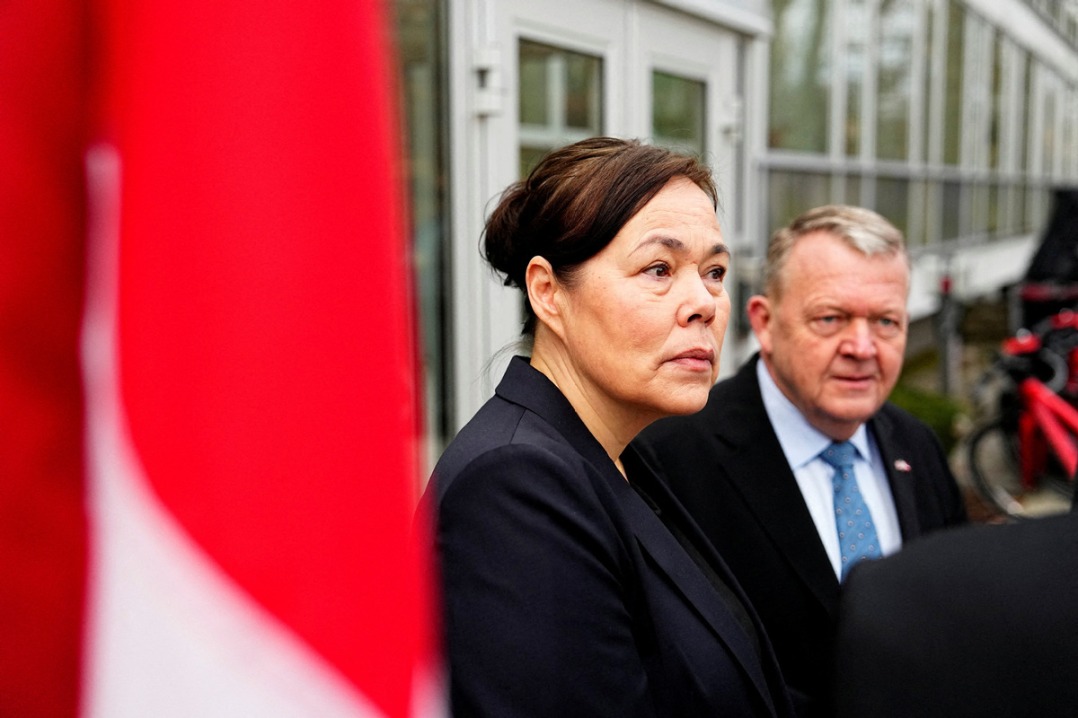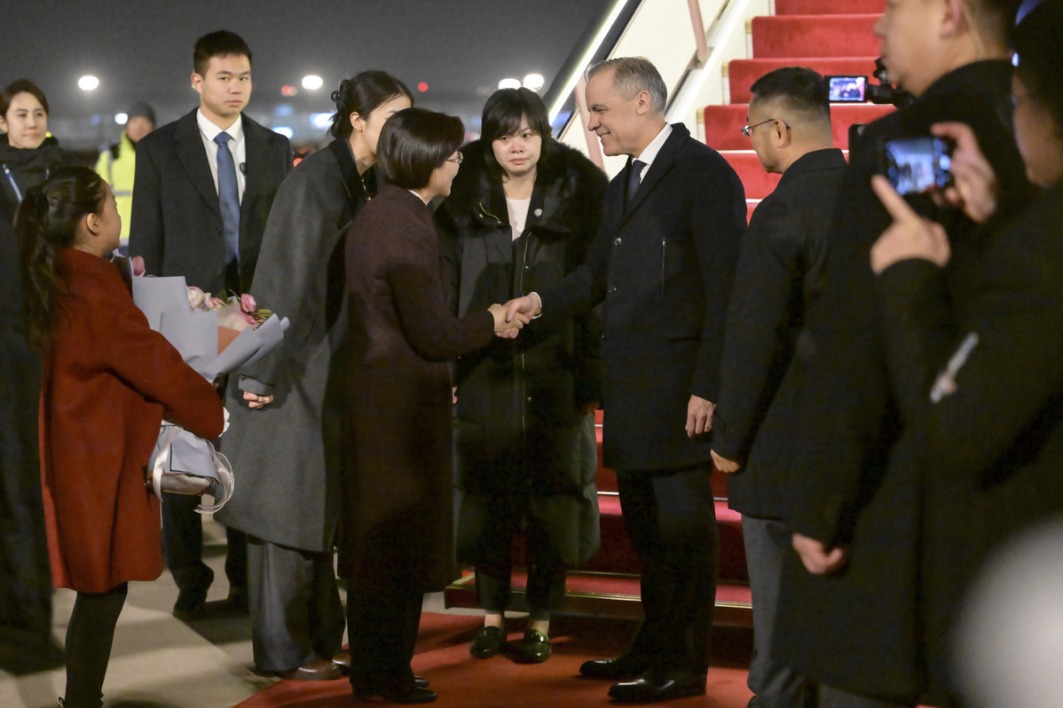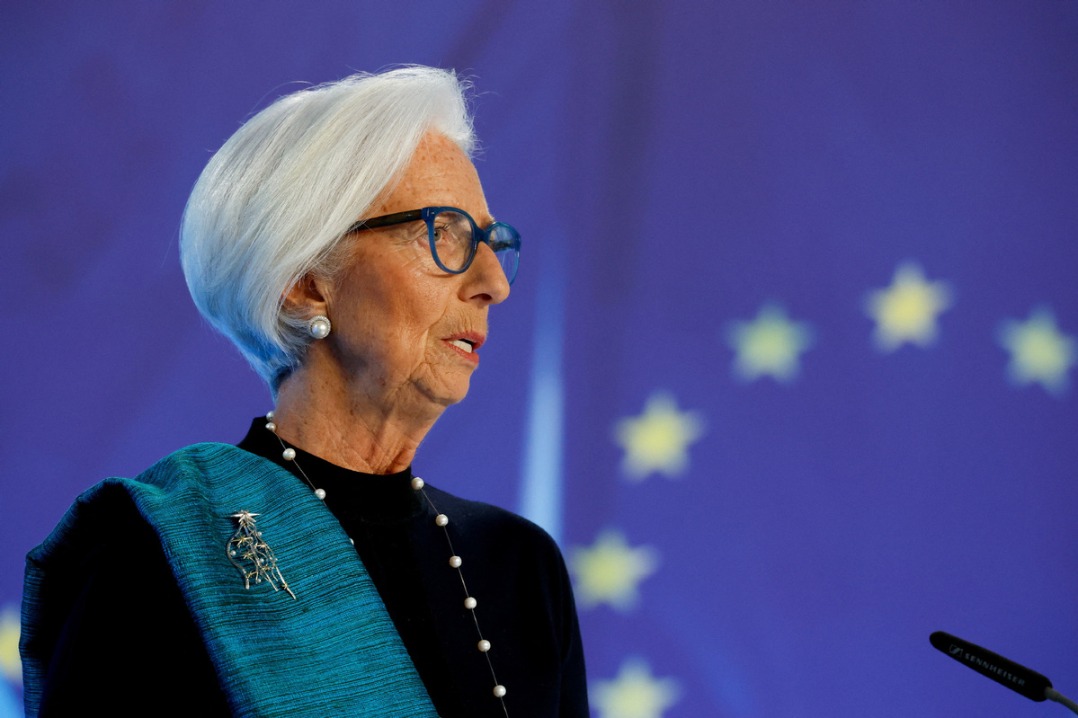Food price surge sparks worries for rice consumers

Potential export ban causes worries

Thailand and Vietnam, two of the world's major rice producers, were in talks for a pact to raise the price of their rice exports, Reuters reported in late May, citing a Thai government official.
After India's ban on wheat exports, rice traders have been buying more Indian rice in the past two weeks, four exporters told Reuters in a June 6 report.
"Right now, I will be much more worried by India slapping an export ban on rice in the coming weeks," said David Laborde, senior research fellow at the International Food Policy Research Institute.
He said a price increase would be far better than any export ban.
"We should really differentiate between a price rise that compensates for higher costs and will benefit farmers (and help them produce), than an export ban" which drives up prices on world markets but lowers prices in domestic markets, he said.
Rising global energy costs are an important part of the cost of rice production, added Nafees Meah, regional representative for South Asia at the International Rice Research Institute.
It is notable the rise in rice prices will have a serious impact on many people in Asia, which is the biggest consumer of the staple.
Countries like East Timor, Laos, Cambodia and places like Indonesia, which has a very large and frequently food insecure population, will be badly affected if prices continue to rise, he said.

































